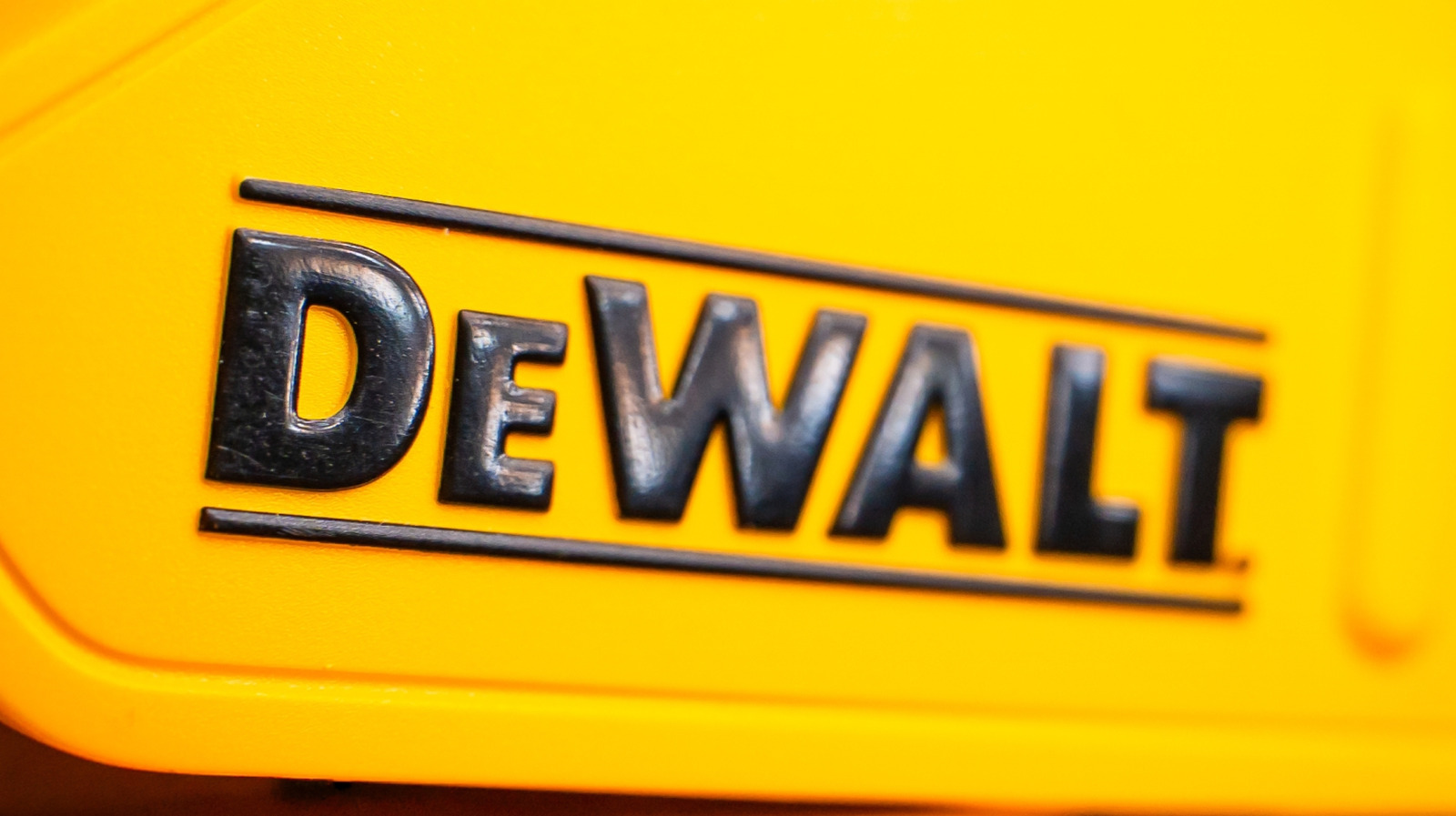Copyright SlashGear

In many cases in life, buying a name-brand item isn't essential. Buying off-brand can be a great way to save money while still getting what you need out of the product in question. However, when it comes to certain products, saving some cash while buying non-name-brand isn't the smartest choice. This is especially true when looking at third-party power tool options, of which there are many online. For instance, knock-off power tool batteries can present some serious dangers, and bootleg tools can come with their own set of negatives. Not only can they set you back money-wise, but they could also be frustrating to use and hazardous to your health. Yes, they may be expensive, but passing on real DeWalt tools and instead going the knock-off route is a recipe for disaster. First and foremost, knock-off tools masquerading as DeWalt or any other known brand can be faulty from the get-go. They're not held to the same production standards and are frequently made with cheaper parts, causing them to quickly fail to function at best, or fall apart and potentially catch fire at worst. Not to mention, DeWalt tools that aren't actually DeWalt lack a warranty. If and when the tool gives out, you have no choice but to spend more money on a replacement, because repairs and replacements won't be covered by the company. With so many bad actors on the Internet today hoping to make a quick buck, it can be easy to be duped into buying fake DeWalt tools. Fortunately, there are some strategies to spot and avoid them. Should you have one in hand or several high-quality pictures, there are several ways to spot a potentially fake DeWalt tool. As mentioned, if you can hold and test the tool before buying, the build quality is usually a dead giveaway. Fake tools are generally lighter, have mismatched, extra, or otherwise unusual screws holding them together, and don't have certain labels that genuine DeWalt wouldn't come without. There might even be structural differences when it comes to their general shape. Should the tool have a control panel or buttons of some kind, this too may look completely different on a bootleg copy. Before even buying such a tool, there are two big things to keep in mind: the source and the price. If you're not buying from an official DeWalt retailer, or at least someone who has extensive documentation proving they're selling real DeWalt products, you could end up with a fake. This is true if the price seems just a bit too good for what you're getting. If you have a specific tool in mind, it's worth your time to look into what it's being sold for on the DeWalt or Home Depot website, for instance. It's one thing to score a deal; it's another to fall for a price that's just unbelievably good. Many agree there are some DeWalt products you should steer clear of and avoid, but none are likely as hazardous in one way or another as bootlegs. That's why it's crucial to be as discerning as possible when buying tools, used or new, from possibly untrustworthy sources. If not, you and your wallet could end up in a serious bind, needing new tools with fewer funds to buy them.



